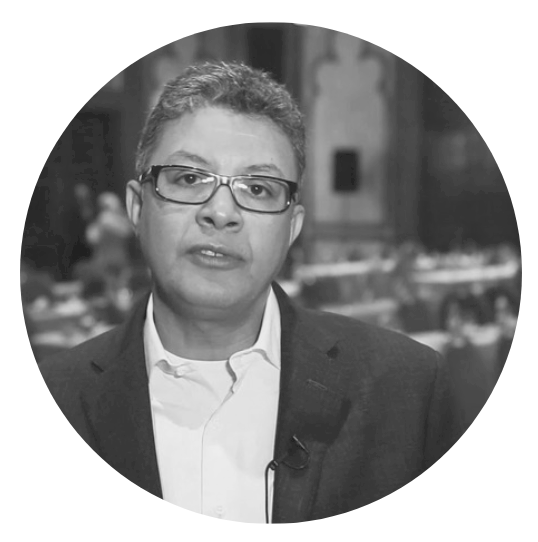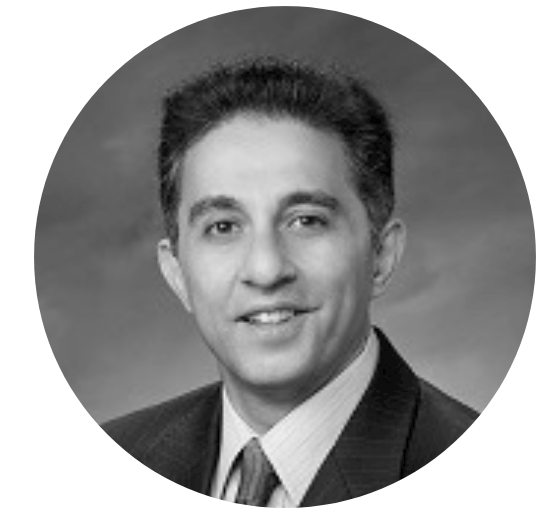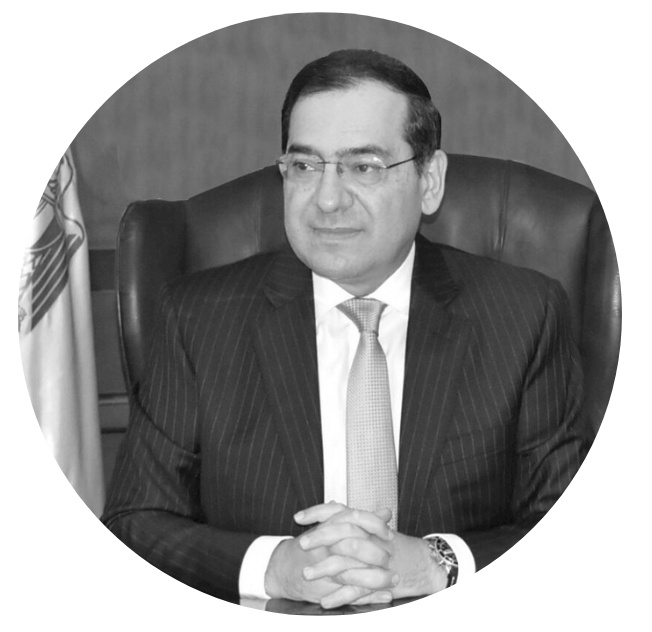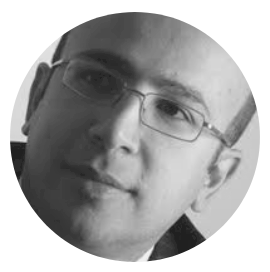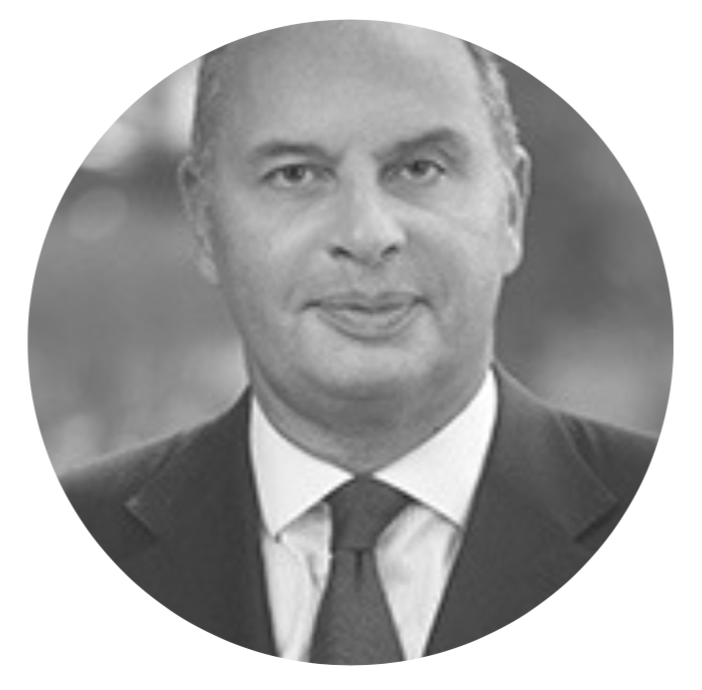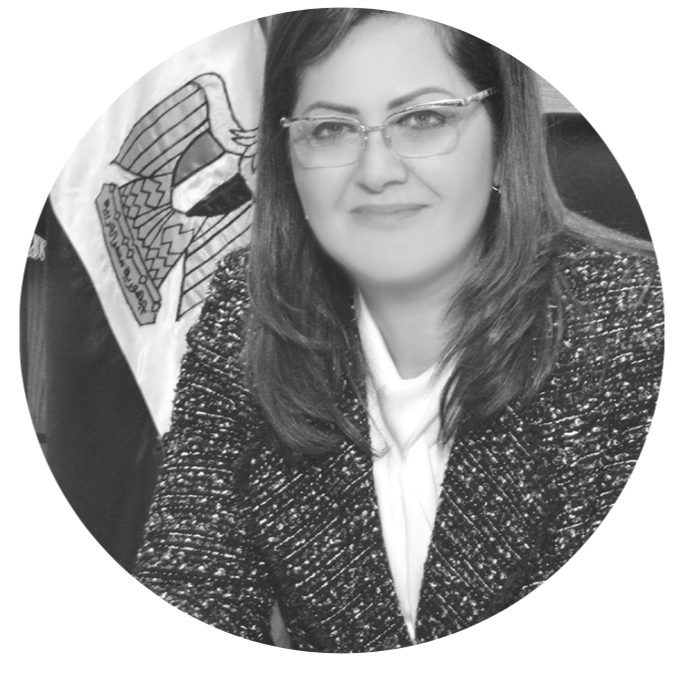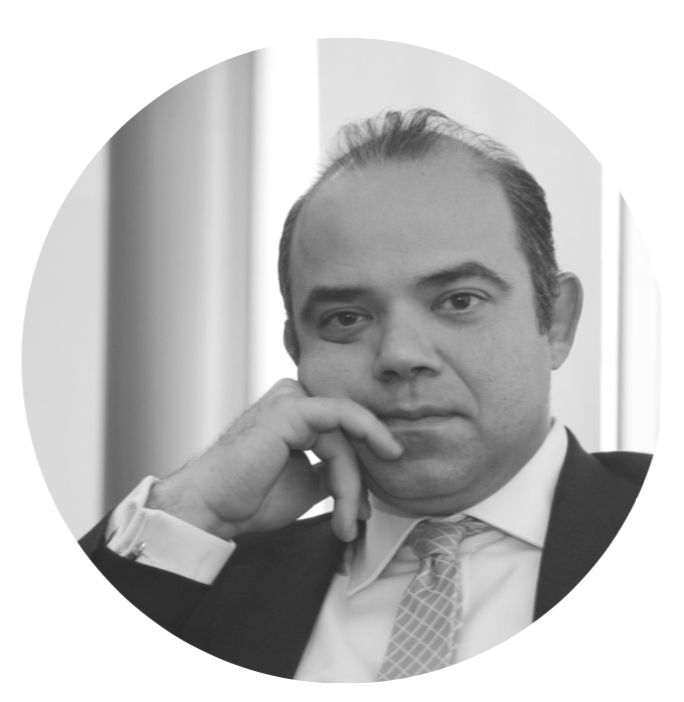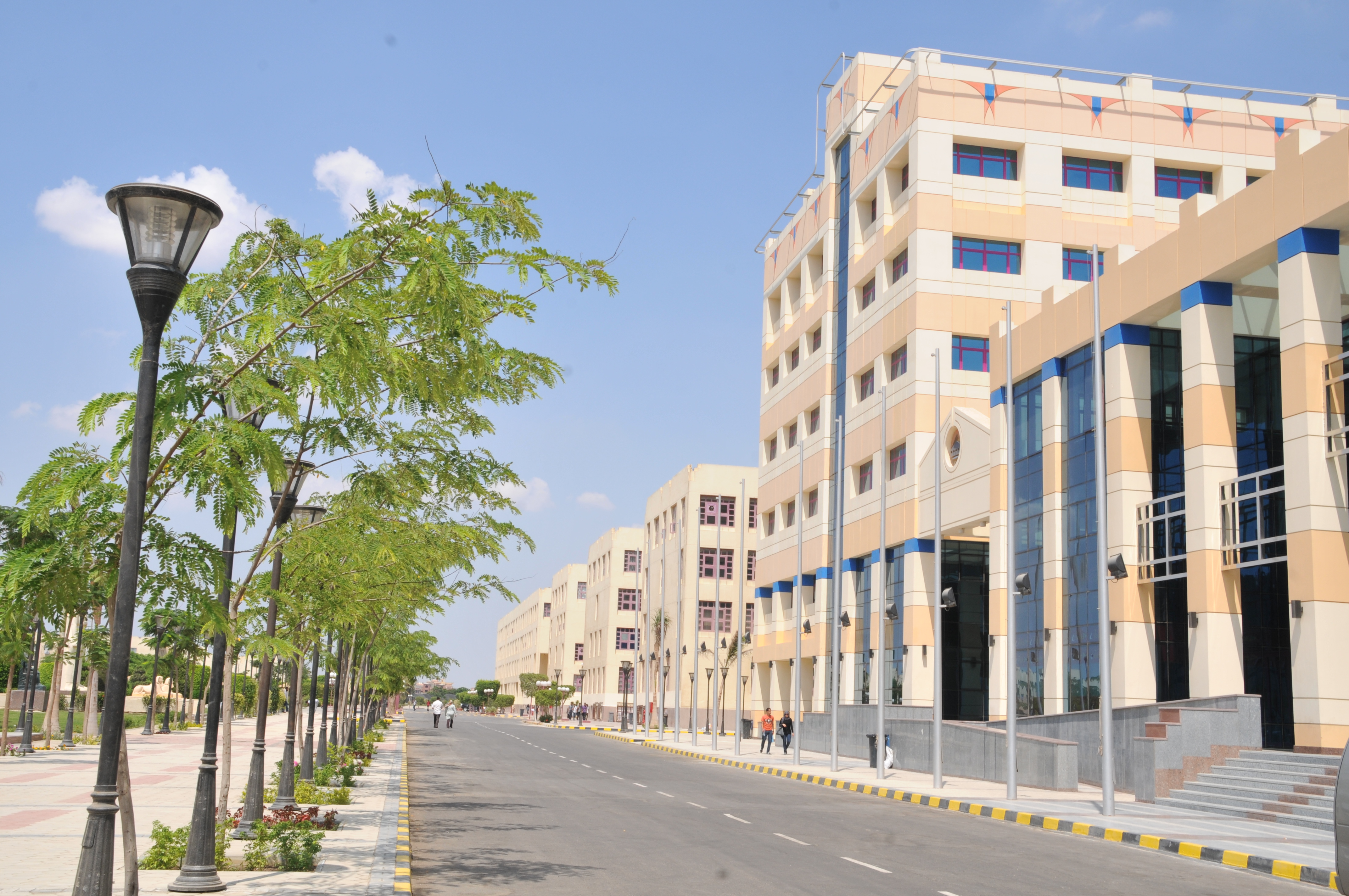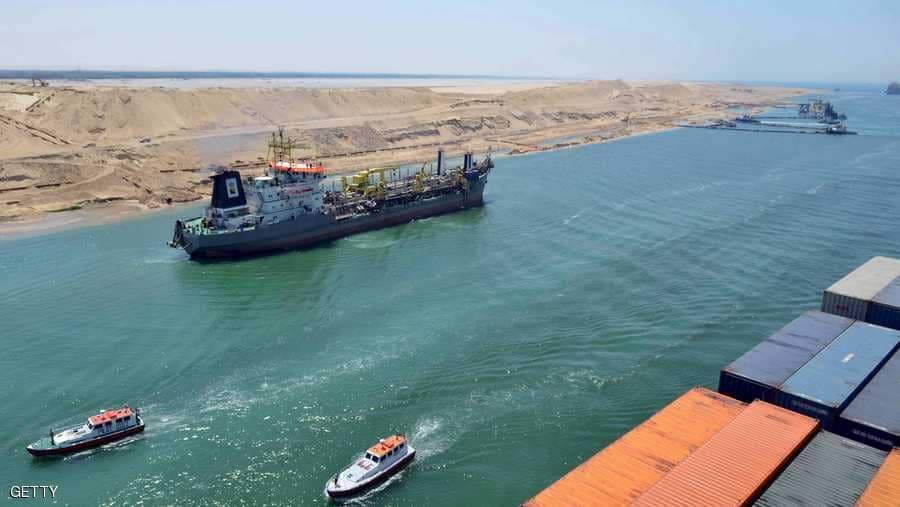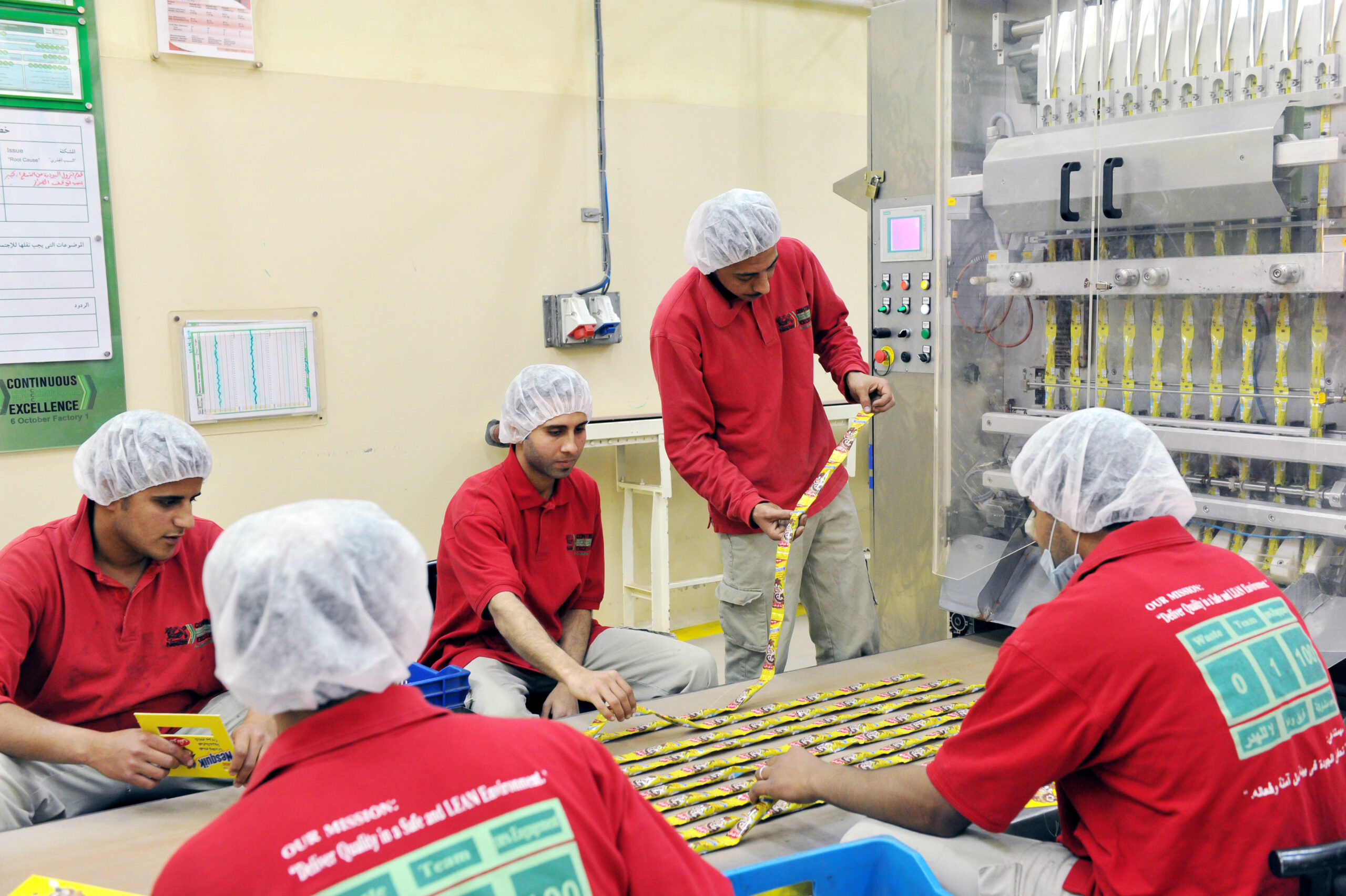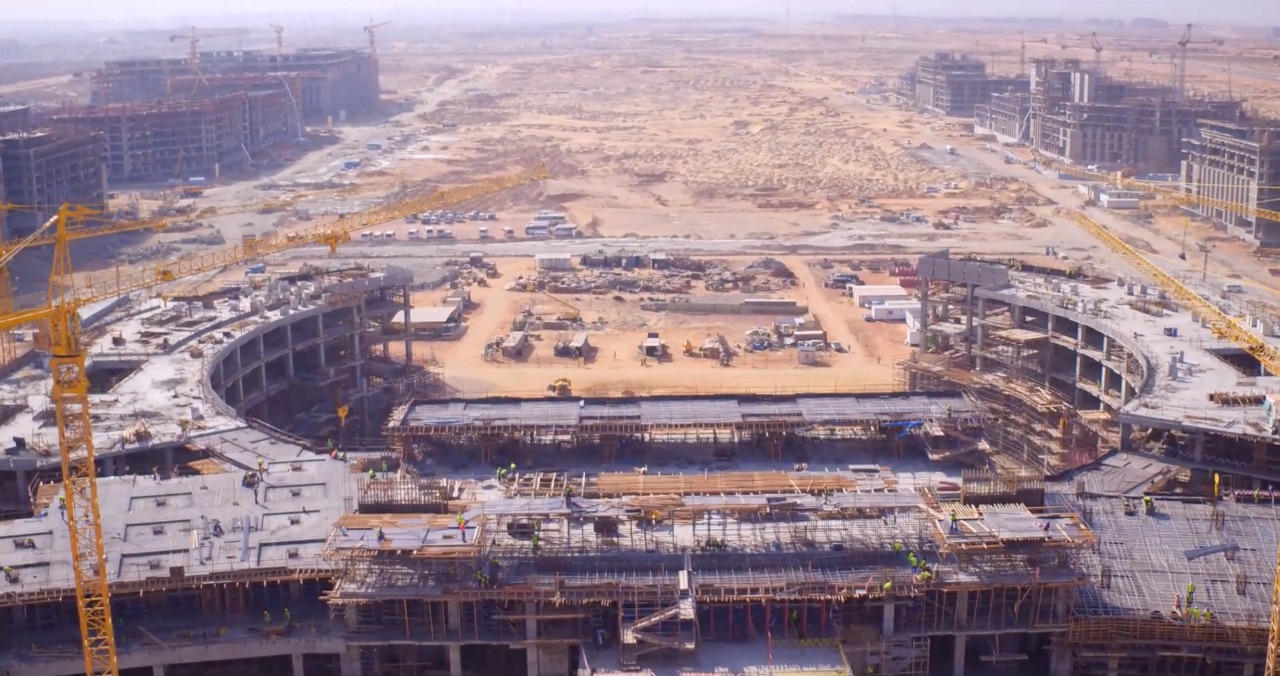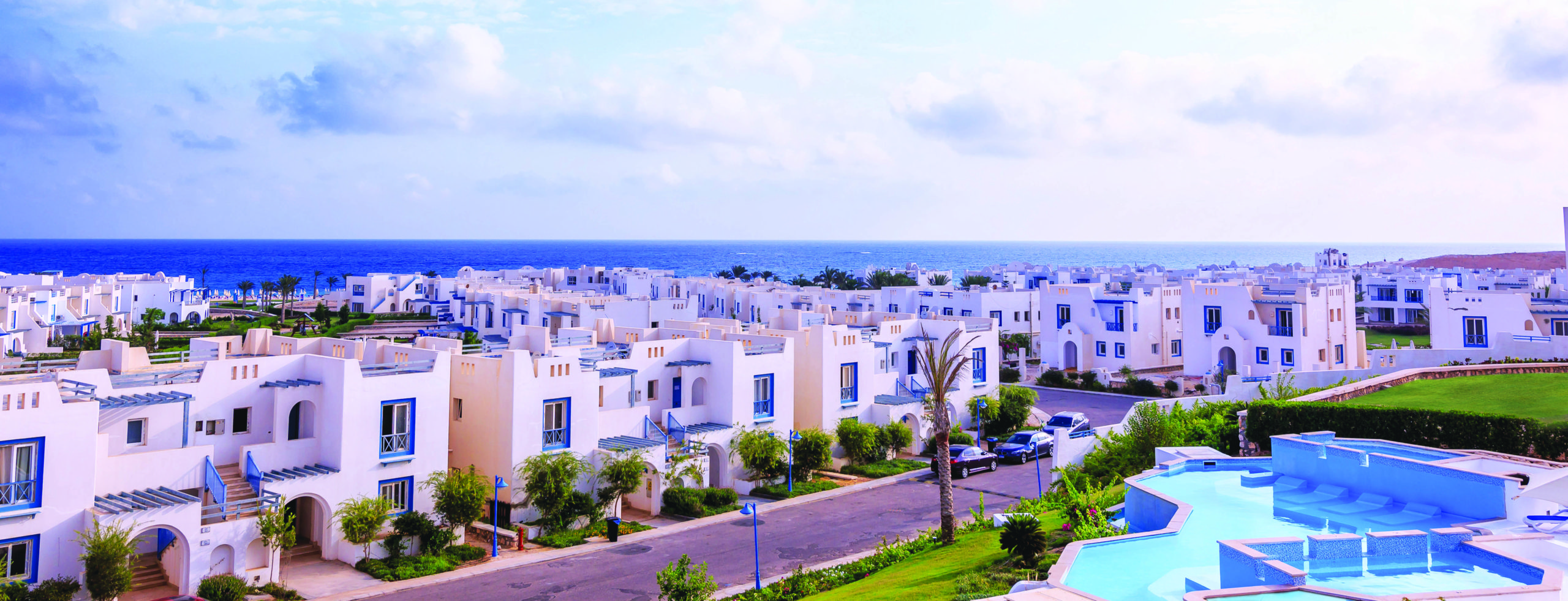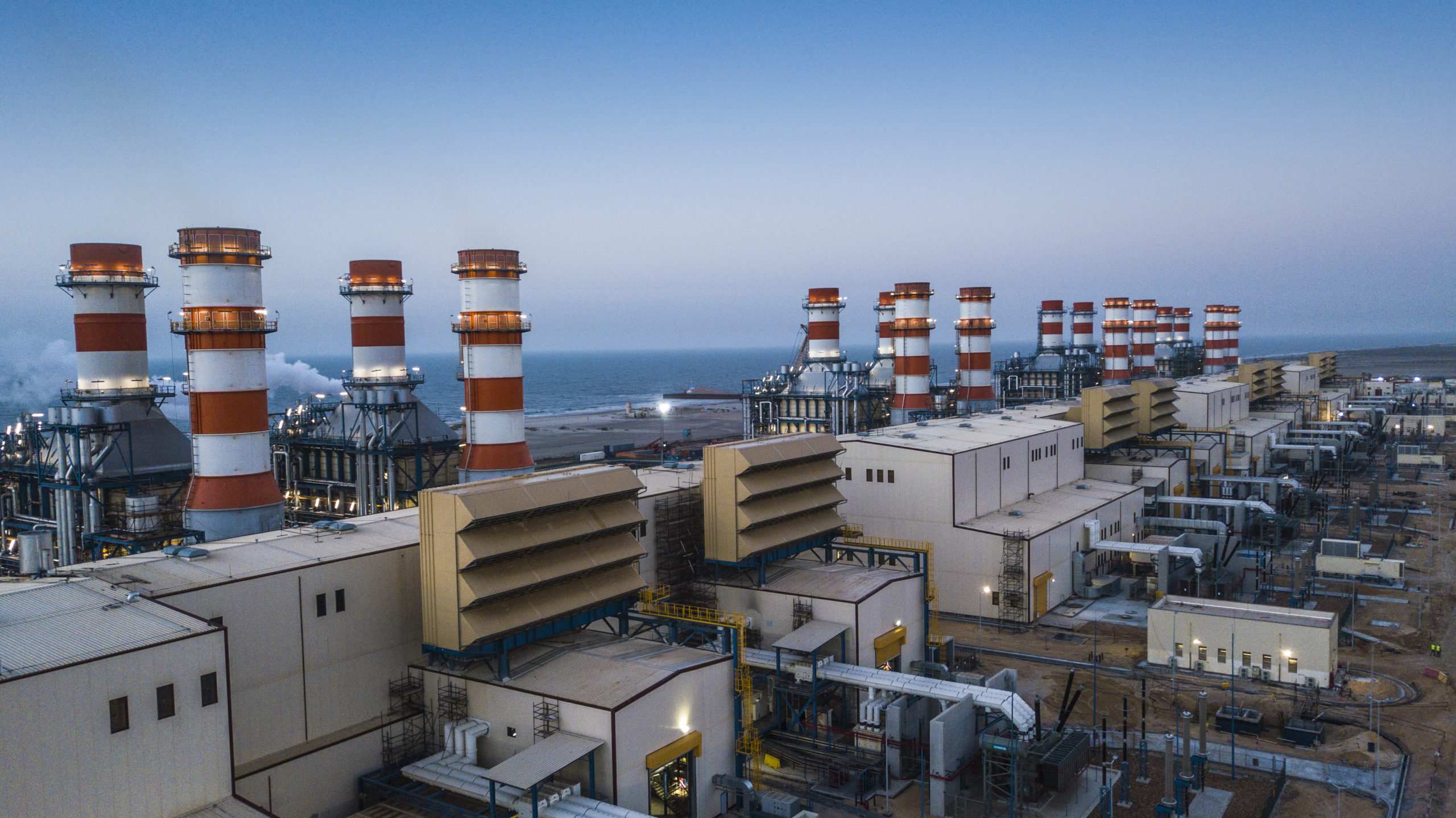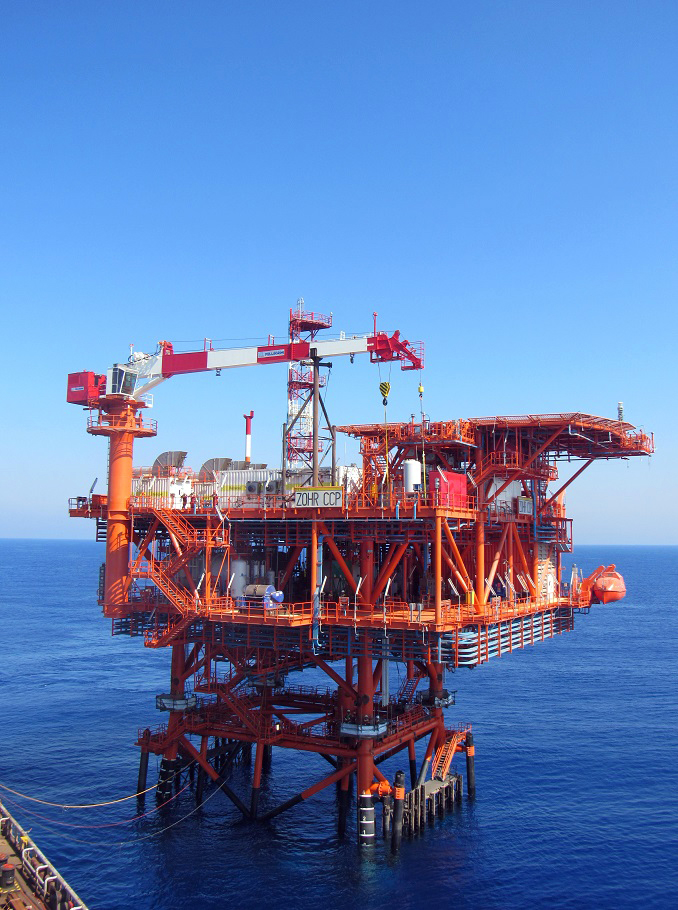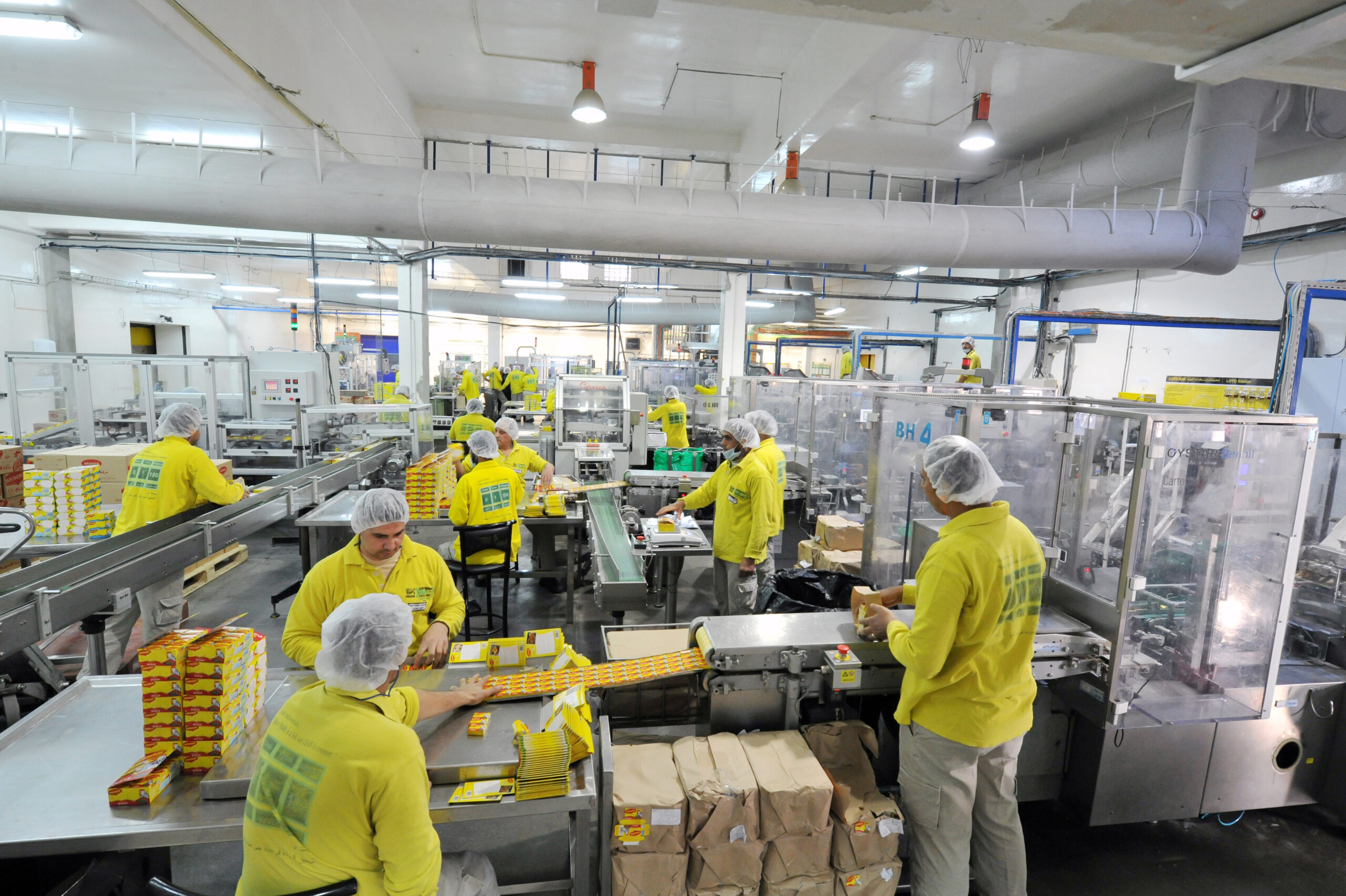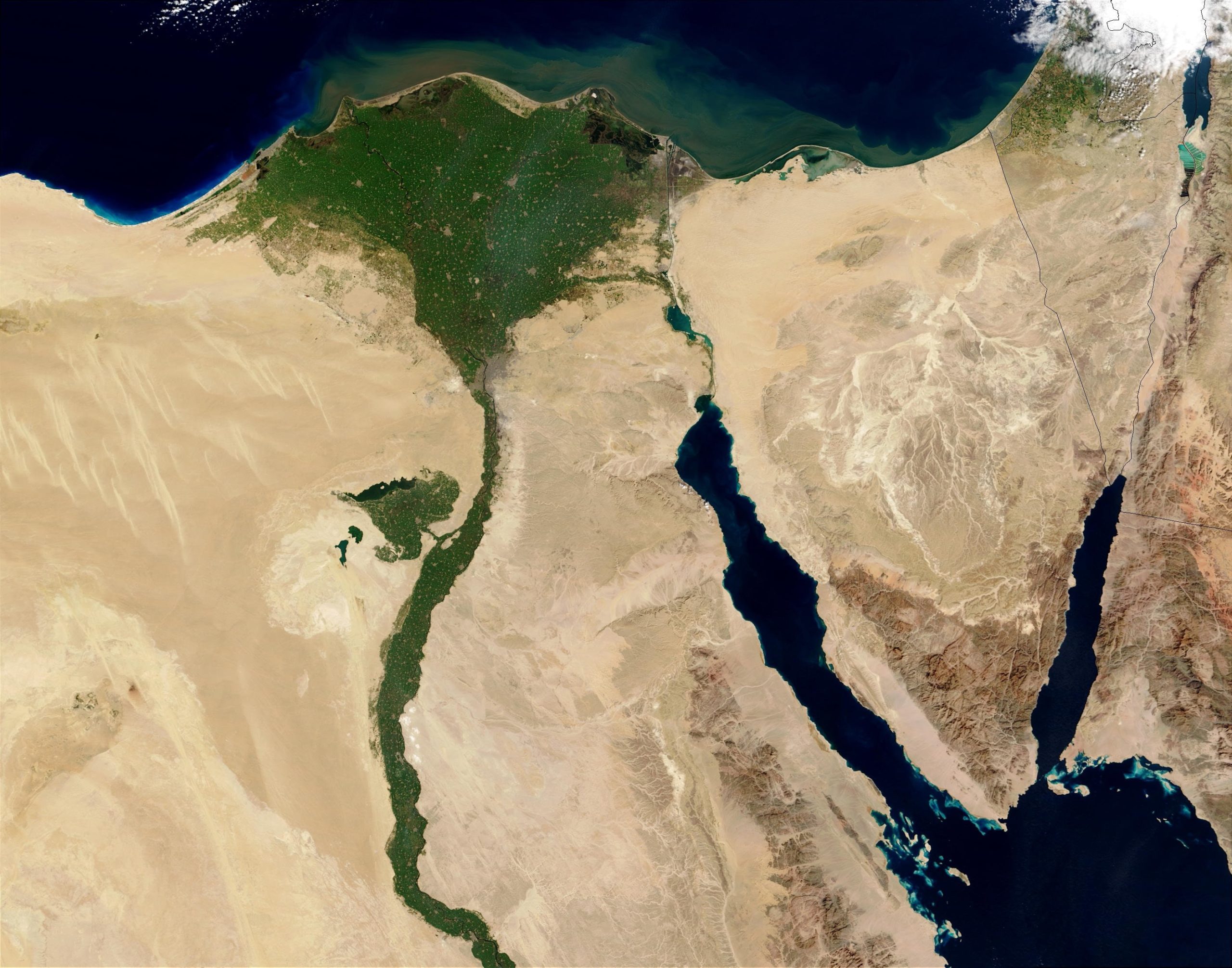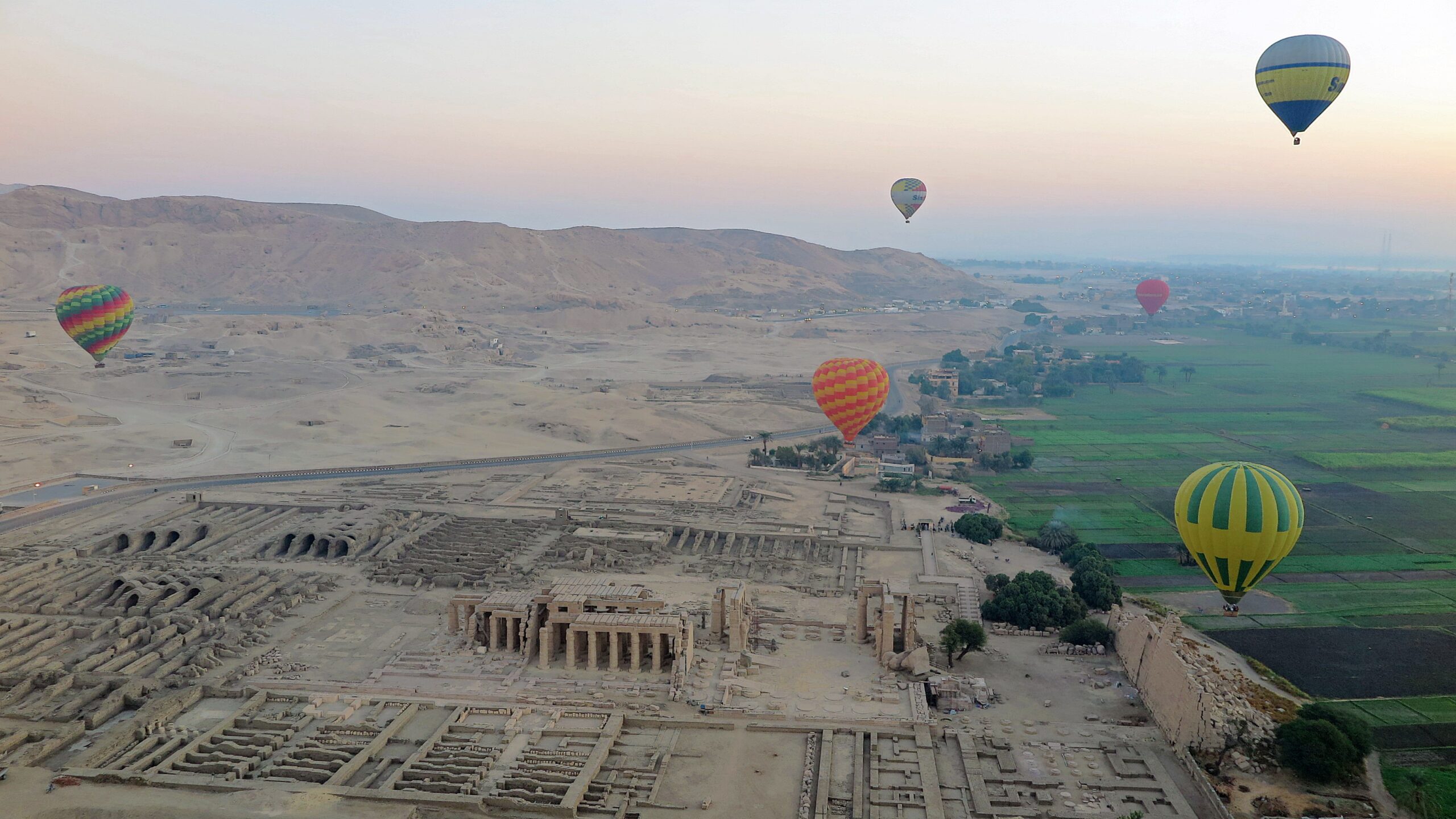Workspace providers bounce back from COVID-19 pandemic

With the lifting of one of the longest COVID-19 lockdowns in the world, decision-makers in Ireland look toward the future of their company function. Flexible workspaces have come center-stage, particularly in Dublin, as the popular alternative to the traditional private office. Companies big and small have found that these spaces are ideal for their range of office needs. An Irish flexible workspace provider, Iconic Offices, are well-versed in creating design-led workspaces for a variety of industry-leading companies. Iconic Offices are Ireland’s leading flexible workspace provider, designing workspace solutions that work for their clients, so they can focus on their business.
Iconic was one of the earliest companies to recognize the need for top-tier flexible workspaces in Ireland. Today, Iconic offers a total of 16 workspaces, all located in Dublin. As an Irish SME themselves, Iconic Offices understand the challenges businesses face, and as the company’s name suggests, it focuses on creating spaces that provide a high level of functionality to clients. Iconic pride themselves on having a unique design for each of their building locations, meaning there is something to suit all business’ tastes and requirements.
The Design-Led Approach To Flexible Workspaces
Iconic Offices are a design-led workspace. As an ethos, design-led is all about putting client needs first; be that through office layout, structure, décor, electrics, or even rental contracts. By embedding this ethos into their business function, Iconic Offices offer a unique opportunity for companies to configure their space however they want and use as they need it.

Founder and CEO,
Iconic Offices
Structurally, being a design-led flexible company means Iconic break down walls, quite literally, to create a customized space for their clients’ needs. The business of reconfiguring floors, custom fitting break-out spaces, and redesigning IT are all available for clients to play with. Iconic’s customization even includes branding which makes the space look and feel like a company’s own unit.
Iconic Offices Founder and CEO, Joe McGinley, spoke about his approach to workspace-design, “The concept of design-led spaces goes far beyond a splash of paint on the walls and new desks, its entire philosophy is rooted in taking the lead from our clients and getting every bespoke detail just right. Ensuring consistent productivity is all in creating the right environment for staff and decision-makers alike.”
Iconic’s Next Steps
While the pandemic was at its worst, Iconic’s contracted occupancy declined. Fortunately, Iconic Offices are seeing an increase in membership once again, and accredit this to companies being more open to the concept of hybrid working.
Regarding the future of co-working spaces as a whole, McGinley said, “No matter what happens in the future, the hybrid working model and flexible workspace model are here to stay. In particular, it is during uncertain times that the flexibility, and ability to quickly increase or decrease office space is so important.”
McGinley went on to speak more broadly about his expectations for Dublin’s property market. He added, “I believe many of Dublin’s challenges lie in the residential sector at the moment. The future of commercial property is harder to forecast. Despite our tight ties to American multinationals, Dublin is still a relatively small city. When we see major companies come in and take up large amounts of space relative to the city, it can quickly cause issues around supply. Right now, there is still a reasonable amount of supply in the market. However, companies looking for office space often face 10 to 25 year lease terms, and most firms here are already tied to a decade-long lease. With such strict lease conditions, we are seeing firms increasingly value the flexibility of Iconic Offices and other flexible workspace providers. We are the future of office space.”


